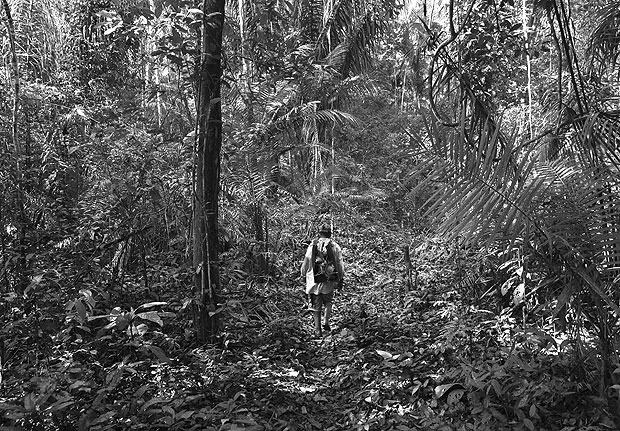Latest Photo Galleries
Brazilian Markets
11h21 Bovespa |
-0,02% | 125.121 |
16h43 Gold |
0,00% | 117 |
11h26 Dollar |
+0,69% | 5,1646 |
16h30 Euro |
+0,49% | 2,65250 |
ADVERTISING
Brazil's Greenhouse Gas Emissions Have Biggest Hike in 13 Years
10/26/2017 - 10h42
Advertising
PHILLIPPE WATANABE
FROM SÃO PAULO
The Brazilian emissions of greenhouse gases increased by 8.9% between 2015 and 2016.
It is the second consecutive year the country produces more greenhouse gases - and the biggest increase since 2004 - and yet again deforestation, agriculture and livestock played an important role.
The data are part of the Greenhouse Gas Emission Estimate System (Seeg) and were disclosed on Wednesday, October 25, by Brazilian NGO Climate Observatory.
Brazil's emissions amounted to 2.3 billion tons of carbon dioxide in 2016. In 2017, the country has produced 2.1 billion tons. This is the biggest increase in the last 13 years and represents the highest emissions since 2008.
The increase is mainly a consequence of the hike in deforestation between 2015 and 2016. Between 2016 and 2017, however, recent government data show that deforestation has fallen.
The number 1 sector responsible for Brazilian emissions is still agriculture and livestock, with some 74% of greenhouse gas emissions. The area alone showed a 1.7% hike between 2015 and 2016.
Greenhouse gas emissions from agriculture and livestock are divided into two categories: direct (22%) and "change in land use" - which normally means deforestation - (51%).
All the other sources of emissions analyzed by Seeg (energy, industrial processes and residues) showed a decline in the rate of greenhouse gas emissions. One of the explanations for the hike in agricultural and livestock emission is the country's ongoing crisis.
Cirino Costa Junior, of NGO Imaflora (Institute for Agricultural and Forest Management and Certification) says the economic problems have made many people consume more pork and chicken and less beef.
Translated by THOMAS MUELLO
Read the article in the original language
| Lalo de Almeida/Folhapress | ||
 |
||
| Paru State Forest, in the state of Pará |



